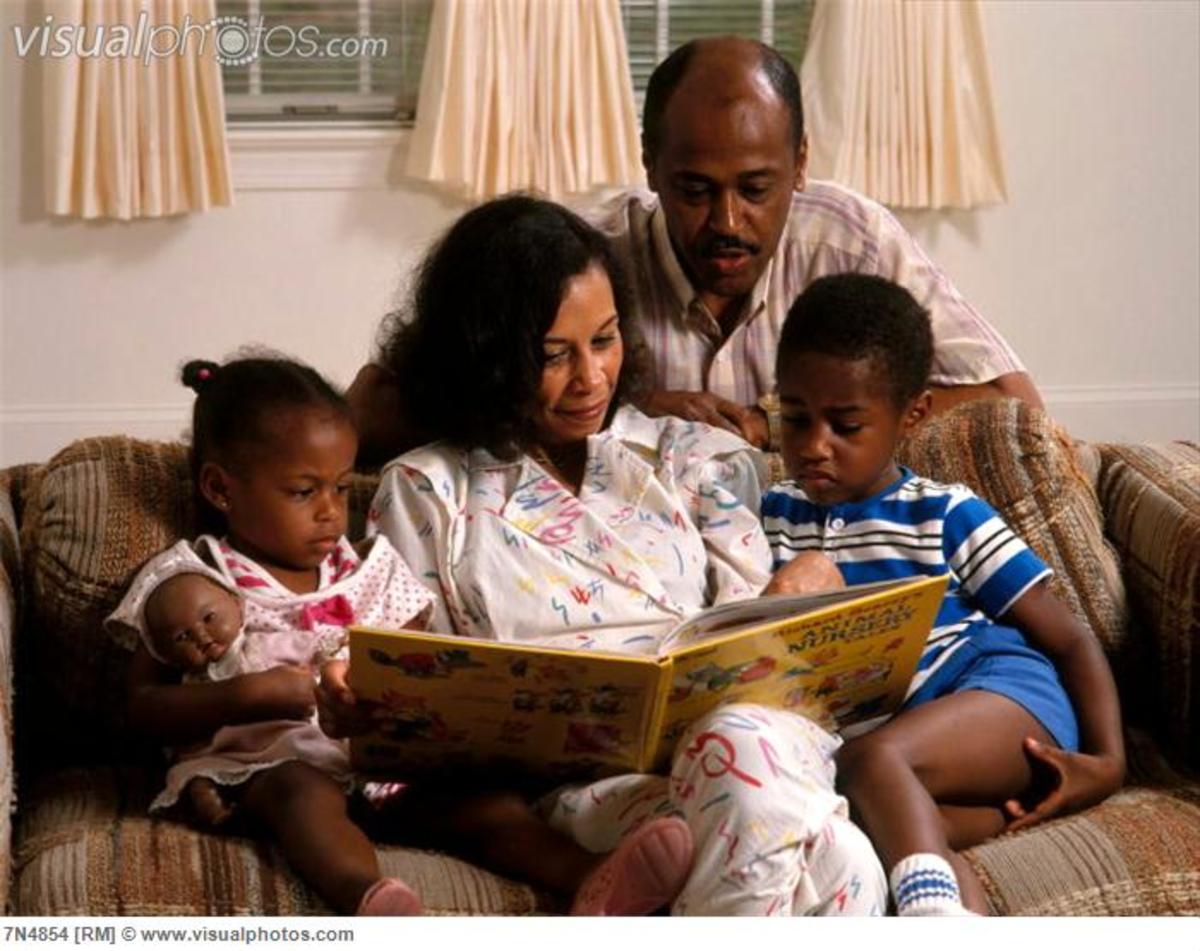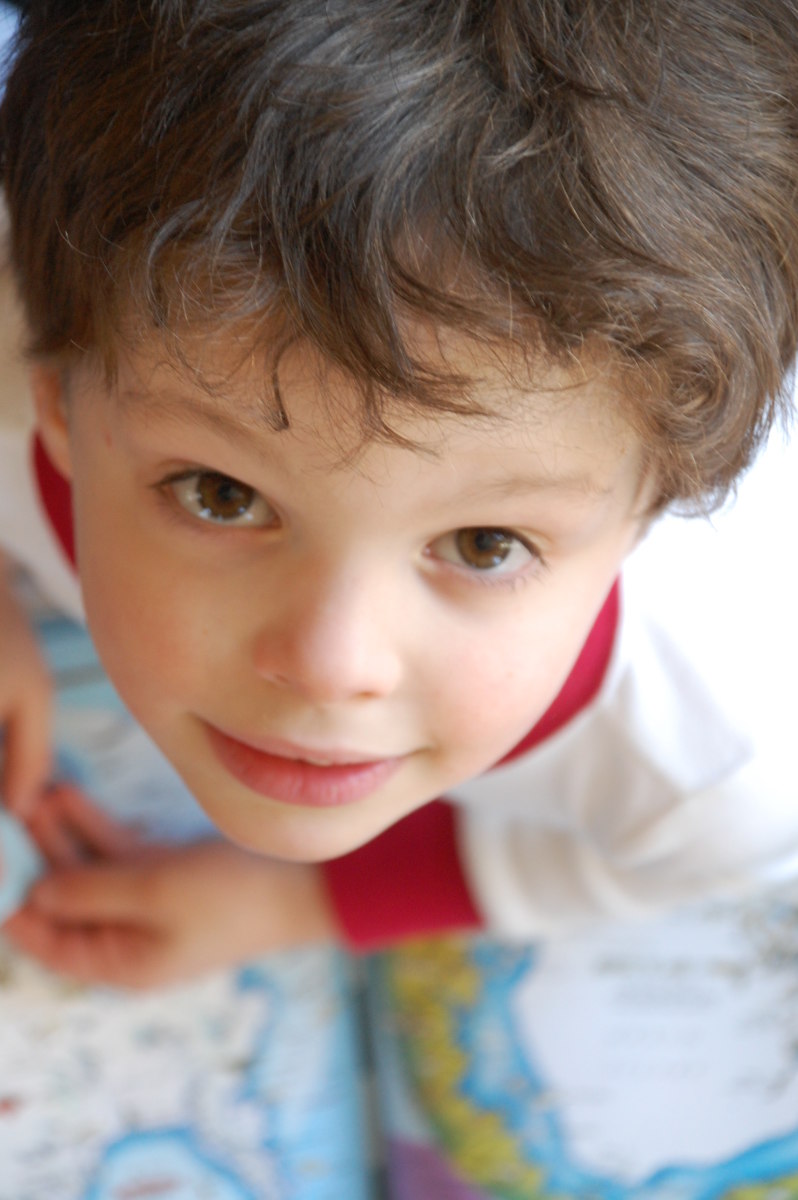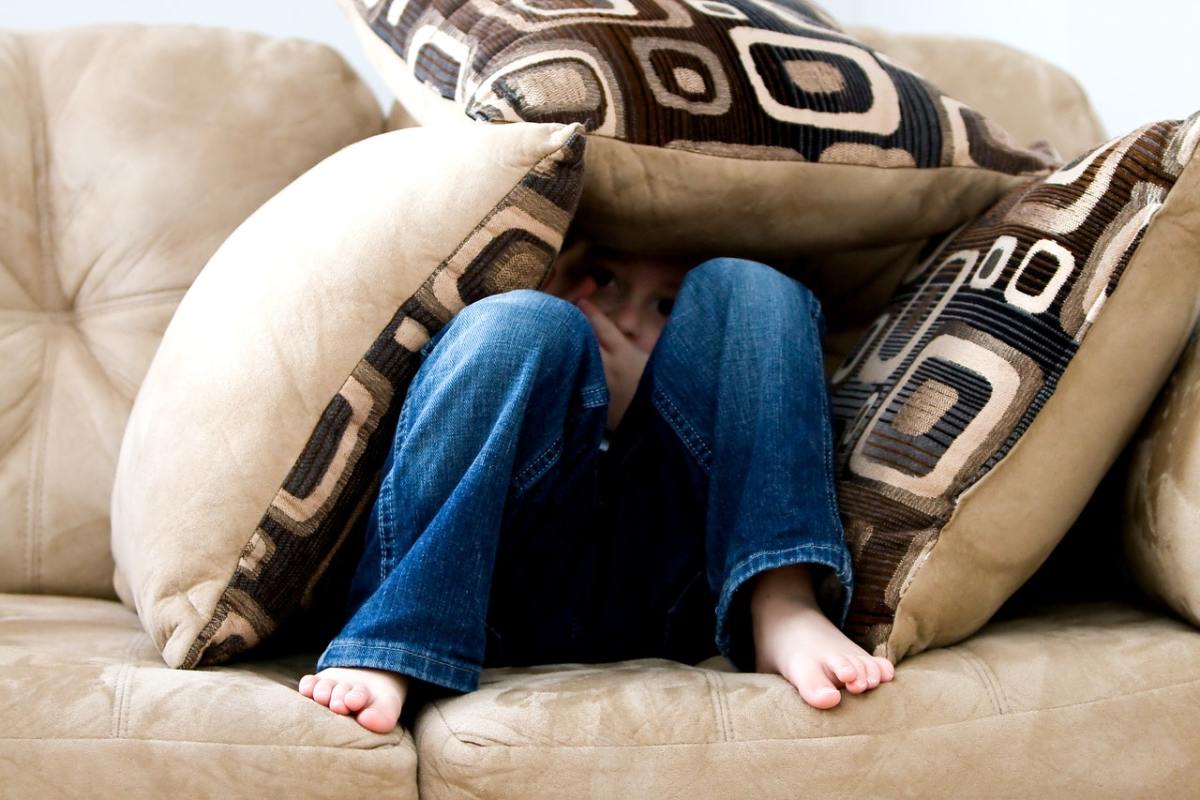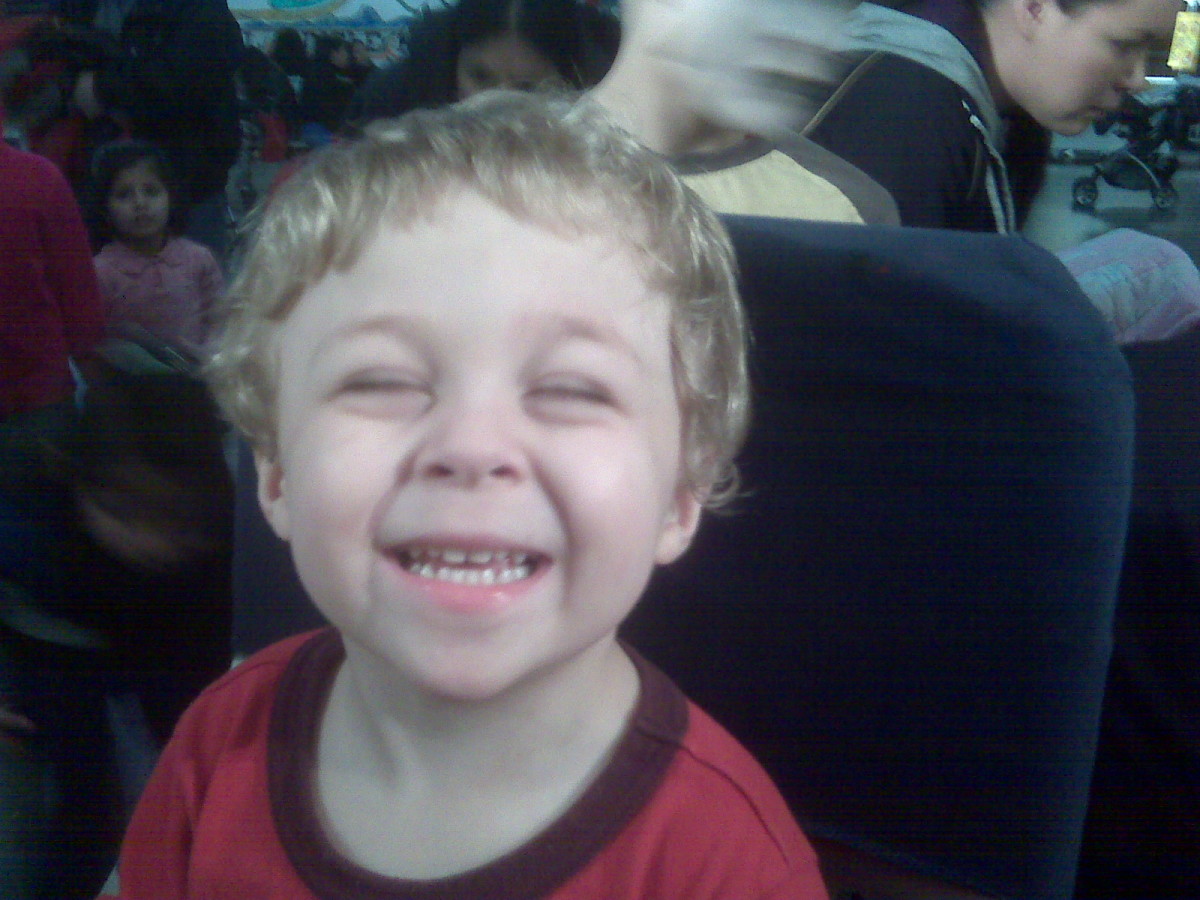How To Develop Kindness In Your Child
By Karishma Hyder
When we think of children, we automatically think of innocence. Although I will not argue with that, I will, however, point out that children of today will eventually grow into the adults of tomorrow. How a child is brought up has a lot to do with how he or she will turn out in his/her later life. Most parents think of ways to make their children dexterous when it comes to education and other extracurricular activities but very few take into consideration the fact that their over scheduled children’s lives may however contribute to them being selfish and lack a certain ‘care’ in their nature. This, however, is not a set rule that applies to everyone, for if it were so then most children would grow up and end up being all alike. This is just to make all those parents out there, who are doing everything in their power (all in goodwill) to make their children excel in life by providing a tough schedule containing dancing, singing, drawing, language, etc classes but are perhaps missing out on vital lessons of life like how to be kind, caring and thoughtful. Preparing a child for the oncoming battle of life that would require them to earn their own living and stand their own ground is of course an essential lesson too but with all the good that comes, it also erases, in most cases, the scope for development in the child in the category of caring and giving.
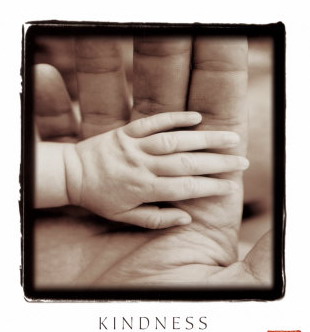
Children are born innocent and with an empty and clean canvas that requires, and is indeed, a duty of the parents or guardians to provide the first coat, the underpainting, on their children’s impressionable minds. Learning empathy for children is one of the most valuable lessons. There are many small day to day things that parents can do to nurture their children into becoming naturally kind and considerate persons. Although normal bonding activities with your child may already be an existing matter in your life, it is very important to be aware that hugging, playing, listening, reading bedtime stories, etc are a very good starting point for parents to help their children develop into good human beings. A strong bond between parent and child at an early age helps children trust their parents’ judgments and ideals forever.
Once you have established a good and close relationship with your child (although it may sound strange that you need to establish a ‘relationship’ with your own child, it is true that it is necessary) it automatically becomes easier to teach your child to be kind and giving more actively. You can start by spending time alone with your child. Let him/her know that you are there to guide them every step of the way and that they should not fear you. Ask them about their daily activities, even if you already know what they did every minute of the day as this would show that you have a genuine interest in their lives. Ask them about what they think of other people who come to your house. The best way to teach your child to be kind to others is by being kind yourself. Whatever parents do, children tend to pick them up as they see their parents as their role model in their early life. Try to avoid nasty confrontations with your partner or relative or friend in front of your child.
Teaching children the importance of being kind

Teach your child small kind things like saying ‘thank you’ and ‘welcome’ in appropriate situations. You can make this activity more fun for your child by asking and helping your child to make a thank you card when given a gift. Try doing group activities like baking a cake or pie if you like doing that yourself and taking it over to an elderly in the family or neighbour. Such random acts of kindness seep into children and they perceive such acts to be good and therefore, learn in the process.
If you have more than one child then you already have a great base to start on to teach your child the art of sharing. Sharing teaches a child to be less selfish and more kind, giving and thoughtful. Talk to your children about sharing their toys with each other and doing activities together.
Let your child help you with household activities even if they are not much of a help. If your child wants to help you with something on their own then try avoiding saying ‘no’ to them. Let them help and for that thank them. When your child does something nice or good, let them know that you like that and that you are proud of them. We all know that parents love their children but it is very helpful to express that verbally as it makes them feel cared for. Praising your child when they do something good makes them feel rewarded and it pushes them in the direction of doing more good in order to maintain your approval. Along with expressing your approval vocally, you should try as much as possible to make them feel cared for and approved by means of physical contact. Hug them or give them a sound peck on their cheek while telling them that you are so proud of your little darling!
When your child does not follow your teachings or does something careless or cruel, you should intervene immediately and tell them that what they DID is not good instead of telling them ‘YOU are being bad or not good or nice’. You want your child to understand that nothing is wrong with them and that you are only admonishing them for their ACT. You want to teach them to be kind and caring and not make them feel guilty in the process.
Encourage your child to help others without gaining anything themselves except for this ‘feeling good’ factor. Support them when they want to help others on their own. Teach them to be nice and kind to elderly people. Tell them that you respect elderly people and that they should too. Take your child to visit old relatives or friends with flowers and ask your child to make a ‘get well’ card if they are sick.
It is very important to teach children to be kind to animals
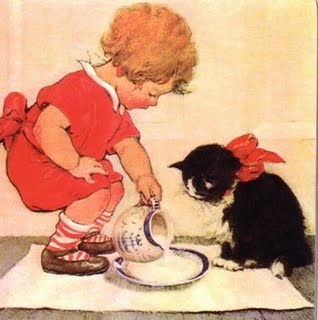
How Animals can help your Children
There are numerous ways to make your child understand the importance of being kind, giving and caring. However, letting your child have a pet is a great way of teaching them to be caring and responsible. There are so many advantages of having a pet in your house that I cannot list them. It is true that pets seem like a hassle and with it comes a lot of responsibilities; it is similarly true that pets teach your child to be humane more than anything else. Having a pet from an early age embeds in children the concept of caring for other living beings other than themselves. A pet does not denote a cat or dog, it can even be a small gold fish. Being around a living object that is dependent on humans teaches children to be responsible. Adults, who in their youth, were not given the opportunity to be in touch with pets and animals tend to transform their lack of interaction with animals into a feeling of hatred towards animals. You will find that many people when asked whether they like cats or dogs would answer that they hate animals or they find their certain habits disturbing. I do not blame them for garnering such feelings as this is most probably a result of the lack of experience with animals in their early years. The concept of caring and loving one's pet becomes an alien feeling to them. Their unaccustomed habit of being around animals is interpreted as dislike towards them. Therefore, do not deprive your child the joy of having a pet for it has a lot to give to your child.
Just remember that they are your children and that they are dependent on you from the day they are born. They will not turn into adults over a second. It will take them years to reach that point and till they do you have a lot of grooming and teaching to do. You have assigned yourself that task the moment you conceived them. Teach them from the beginning and they will do you proud.
- Learning and Loving to Read
I read, like it is breath to my being. I read because it is a mode for me to travel without bodily moving. I read because I have been blessed by my Creator. I read because I have been taught to appreciate the...

